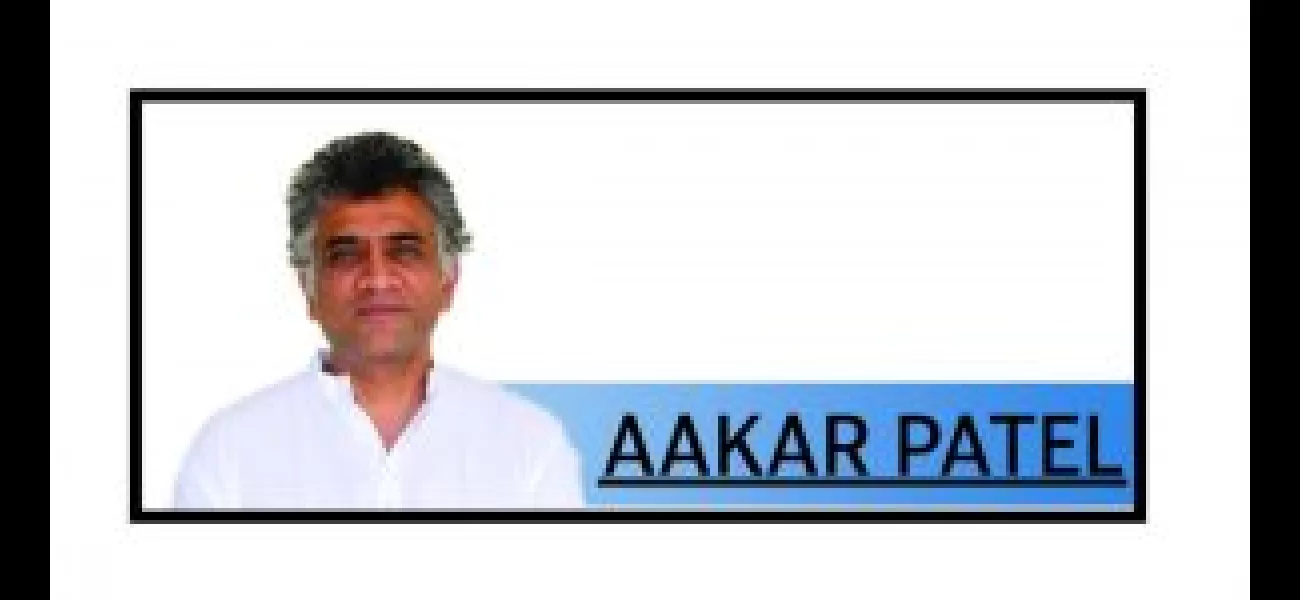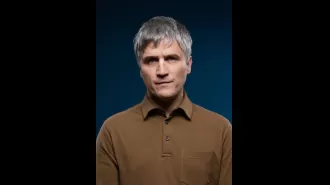Sharing a message and putting it into action.
UN Special Rapporteurs wrote to Modi govt about "bulldozer justice" in India. It is important to consider global views on violence.
August 25th 2024.

As we make our way to Ukraine and Poland in an effort to put an end to violence across the world, it is important to take a step back and examine the global perspective on violence in India. On June 9th, 2022, three United Nations Special Rapporteurs addressed a letter to the Modi government regarding our use of bulldozers as a form of justice. The concerns raised by Balakrishnan Rajagopal, Fernand de Varennes, and Ahmed Shaheed centered around forced evictions and demolitions of homes and properties belonging to Muslim communities in various locations, allegedly as a means of punishment for communal conflicts between Hindus and Muslims.
Unfortunately, India did not respond to this letter. In July of 2023, the European Parliament passed a resolution focused on the state of Manipur, where violence has resulted in numerous deaths, displacements, and destruction of homes, churches, temples, and schools. The resolution highlighted the role of religious intolerance and divisive policies promoting Hindu majoritarianism, as well as the increase in militant group activity. The European Parliament called for immediate action to halt the violence and protect religious minorities, such as the Christian community in Manipur.
In response, India dismissed these concerns as a colonial mindset and interference in our internal affairs. However, on March 7th, 2024, more than two dozen United Nations human rights experts wrote to the Modi government, expressing their alarm over reports of attacks on minorities, media, and civil society in India. They urged for urgent corrective action, emphasizing the importance of protecting the rights and freedoms of all individuals, regardless of their religion, race, ethnicity, or gender.
Let's go back even further to June 13th, 2021, when the Group of Seven (G7) nations, comprised of advanced economies and liberal democracies, released a statement called the G7 and Guest Countries: 2021 Open Societies Statement. In this document, the G7 and its guest nations, including India, reaffirmed their belief in open societies and democratic values. They listed eight values to be embraced and promoted, such as human rights, democracy, social inclusion, gender equality, and freedom of expression and religion. These values, they stated, define their inclusive way of life and will be upheld through various actions, including protecting civic space, combating disinformation, promoting economic openness, and prioritizing gender equality and sustainable development goals.
However, it is important to note that the Indian government, like many governments before it, has shown hostility towards many of these values. While Prime Minister Modi signed the statement and spoke in support of the Open Societies charter, it is difficult to reconcile our actions at home with our words on a global stage. The United Nations, European Parliament, US Congress, United States Commission on International Religious Freedom, and US State Department have all expressed their concerns about India's actions in this regard.
It is crucial for us, as a global leader, to address and acknowledge the issues within our own borders before attempting to promote peace and non-violence elsewhere. Failure to do so not only exposes us to accusations of hypocrisy but also diminishes the credibility of our efforts towards global peace.
Unfortunately, India did not respond to this letter. In July of 2023, the European Parliament passed a resolution focused on the state of Manipur, where violence has resulted in numerous deaths, displacements, and destruction of homes, churches, temples, and schools. The resolution highlighted the role of religious intolerance and divisive policies promoting Hindu majoritarianism, as well as the increase in militant group activity. The European Parliament called for immediate action to halt the violence and protect religious minorities, such as the Christian community in Manipur.
In response, India dismissed these concerns as a colonial mindset and interference in our internal affairs. However, on March 7th, 2024, more than two dozen United Nations human rights experts wrote to the Modi government, expressing their alarm over reports of attacks on minorities, media, and civil society in India. They urged for urgent corrective action, emphasizing the importance of protecting the rights and freedoms of all individuals, regardless of their religion, race, ethnicity, or gender.
Let's go back even further to June 13th, 2021, when the Group of Seven (G7) nations, comprised of advanced economies and liberal democracies, released a statement called the G7 and Guest Countries: 2021 Open Societies Statement. In this document, the G7 and its guest nations, including India, reaffirmed their belief in open societies and democratic values. They listed eight values to be embraced and promoted, such as human rights, democracy, social inclusion, gender equality, and freedom of expression and religion. These values, they stated, define their inclusive way of life and will be upheld through various actions, including protecting civic space, combating disinformation, promoting economic openness, and prioritizing gender equality and sustainable development goals.
However, it is important to note that the Indian government, like many governments before it, has shown hostility towards many of these values. While Prime Minister Modi signed the statement and spoke in support of the Open Societies charter, it is difficult to reconcile our actions at home with our words on a global stage. The United Nations, European Parliament, US Congress, United States Commission on International Religious Freedom, and US State Department have all expressed their concerns about India's actions in this regard.
It is crucial for us, as a global leader, to address and acknowledge the issues within our own borders before attempting to promote peace and non-violence elsewhere. Failure to do so not only exposes us to accusations of hypocrisy but also diminishes the credibility of our efforts towards global peace.
[This article has been trending online recently and has been generated with AI. Your feed is customized.]
[Generative AI is experimental.]
0
0
Submit Comment





